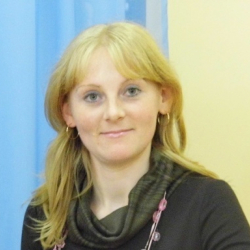Просмотр содержимого документа
«конспект»
Просмотр содержимого документа
«раздаточный материал к уроку»
Text 1. Around the world, more than one billion people don’t have enough (достаточно) food. Without food and water, people can die after four weeks. In some places, people cant grow crops because the weather is too hot and dry, or too wet. This often means that they don’t have enough to eat. Sometimes, people can't buy food because of a war, or natural disaster like a bad storm. May be food is too expensive and people don’t have money to feed their families.
Many people work to help others who don’t have food. Some charities give people seeds, so that they can grow food. Some charities help farmers to become Fairtrade farmers. Fairtrade farmers get more money, so they buy more seeds and grow more food. Nowadays the scientists are making seeds that can grow with little water. In some countries scientists can make rain! They put special chemicals into very cold clouds.
grow- расти, grow crops - вырастить урожай, Fairtrade farmers – фермеры справедливой торговли, seeds- семена, get – получить
Text 2. There are many millions of species of plant and animal. They live all around us – on land, in water, and in the air.
When every plant and animal in a species has died , the species is extinct. Extinction of animals ans plants is a great problem on Earth. Scientists think that from 150 to 200 species become extinct every day. Conservationists work to protect species that are in danger. They work all around the world, in rainforests, deserts and oceans. In USA they move turtle eggs into quieter places where turtles can hatch safely. Animals charities, for example WWF, try to help elephants. We can help in these ways. When we walk we shouldn’t pick up flowers. And we can grow plants.
species –виды, plants-растения, extinction-вымирание conservationists – экологи, pick up – рвать, grow-выращивать, desert –пустыня, move – передвигать, quiet – тихий, hatch –высиживать, safely – безопасно.
Text 3. Some emergencies are because of a natural disaster like a tsunami or an earthquake. Others are because of something that people do, like fighting in a war. In emergencies, people need help very quickly. People become refugees when they have to leave their home in an emergency or when their home is lost. There are millions of refugees in the world. They have often lost everything- their home, their job, and their school.
Refugees need food, water and somewhere to live. They also need to see a doctor. International organizations help refugees. Charities help to build refugee camps, and to give them food and clothes. One of the most important work is to care for people who were hurt and to find people who were lost. Dogs can rescue people from damaged buildings. Charities also help refugees to go back to their home when it’s safe.
Emergency –чрезвычайная ситуация, natural disaster – стихийное бедствие, earthquake –землетрясение, refugees- беженцы, leave – покидать, find - находить, lost – потерян, camps- лагеря, care for – заботиться, hurt –ранен, rescue – спасать, damaged -повреждённый
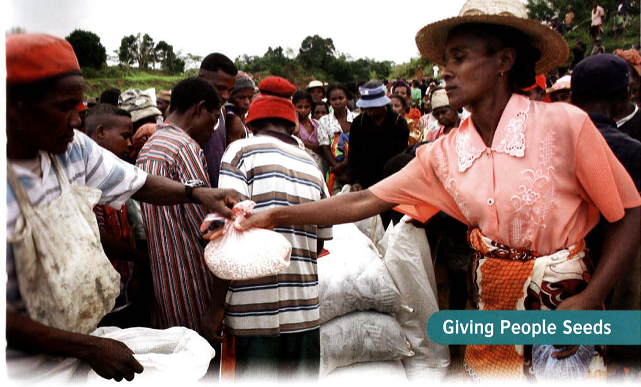
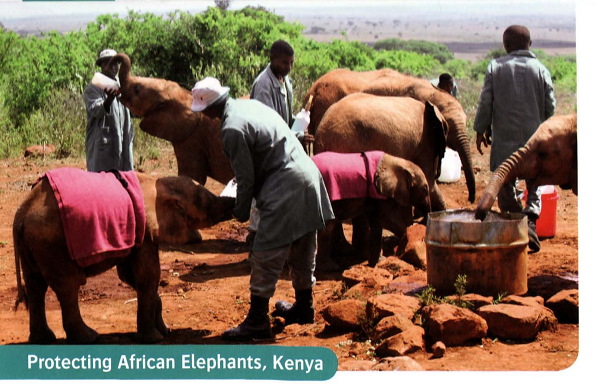
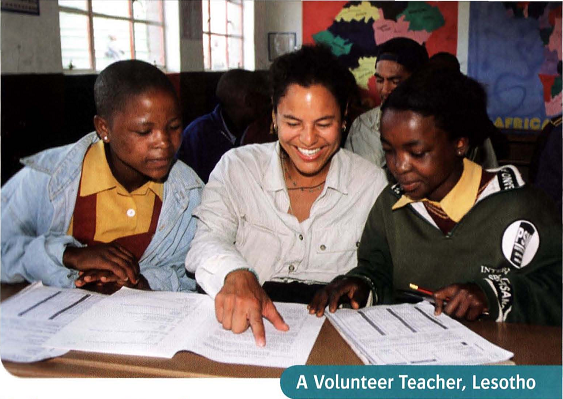
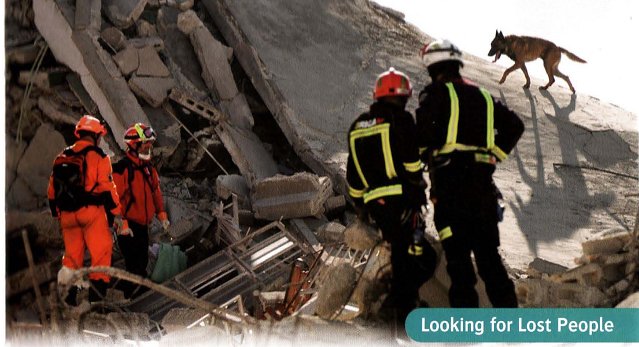
| Clever |
| Helpful |
| Active |
| Reliable |
| Kind |
| Tolerant |
| Sympathetic |
| Homeless people |
| Refugees |
| Lonely people |
| Motto |
| They help .. |
| Problem |
| We can ….. |
| Endangered animals and plants |
| Needy people |
| Disabled people |
| Orphans |
| Charity begins at home |
|
«Helping hands» |
|
|
| A good deed is never lost |
| Kind hearts are more that coronets. |
| Friend |
| “Kto esli ne ya?” |
| Charity Fund of Vl. Spivakov. |
| Give me life |
| Sozidanie |
| A good deed | are more than coronets. |
| Kind hearts | is never lost. |
| Charity | begins at home. |
| A good deed | are more than coronets. |
| Kind hearts | is never lost. |
| Charity | begins at home. |
| A good deed | are more than coronets. |
| Kind hearts | is never lost. |
| Charity | begins at home. |
| Доброе дело без награды не останется. | Доброе сердце лучше корон. |
| Своя рубаха ближе к телу. | Своя рубаха ближе к телу. |
| Доброе дело без награды не останется. | Доброе сердце лучше корон. |
| Доброе дело без награды не останется. | Доброе сердце лучше корон. |
| Своя рубаха ближе к телу. | Своя рубаха ближе к телу. |
|
|
|
endangered animals and plants | Unhappy people because they are alone | endangered animals and plants | Unhappy people because they are alone |
lonely people | People who has been forced to leave their country in order to escape war, or natural disaster | lonely people | People who has been forced to leave their country in order to escape war, or natural disaster |
refugees | Animals and plants in danger of extinction (исчезновение) | refugees | Animals and plants in danger of extinction (исчезновение) |
homeless people | a person who helps without any money | homeless people | a person who helps without any money |
a volunteer | people who have no place to live | a volunteer | people who have no place to live |
an orphan | people who have very little food or money | an orphan | people who have very little food or money |
disabled people | a child whose parents are dead | disabled people | a child whose parents are dead |
needy people | people who cannot use (использовать) a part of their body | needy people | people who cannot use (использовать) a part of their body |
endangered animals and plants | Unhappy people because they are alone | endangered animals and plants | Unhappy people because they are alone |
lonely people | People who has been forced to leave their country in order to escape war, or natural disaster | lonely people | People who has been forced to leave their country in order to escape war, or natural disaster |
refugees | Animals and plants in danger of extinction (исчезновение) | refugees | Animals and plants in danger of extinction (исчезновение) |
homeless people | a person who helps without any money | homeless people | a person who helps without any money |
a volunteer | people who have no place to live | a volunteer | people who have no place to live |
an orphan | people who have very little food or money | an orphan | people who have very little food or money |
disabled people | a child whose parents are dead | disabled people | a child whose parents are dead |
needy people | people who cannot use (использовать) a part of their body | needy people | people who cannot use (использовать) a part of their body |
| Полезные выражения для того, чтобы подписать руку помощи: be creative, be humorous, be hard-working (трудолюбивый), be careful (внимательный), be active, be reliable (надёжный), be responsible (ответственный), be helpful, be happy, be sympathetic | Полезные выражения для того, чтобы подписать руку помощи: be creative, be humorous, be hard-working (трудолюбивый), be careful (внимательный), be active, be reliable (надёжный), be responsible (ответственный), be helpful, be happy, be sympathetic | Полезные выражения для того, чтобы подписать руку помощи: be creative, be humorous, be hard-working (трудолюбивый), be helpful, be careful (внимательный), be active, be reliable (надёжный), be sympathetic, be happy, be responsible (ответственный) |
Explore the Russian charities and fill in the table.
| Charity | Whom it helps | Charity | Whom it helps |
| Friend | helps orphans | Friend | helps orphans |
| “Kto esli ne ya?” | helps ill children | “Kto esli ne ya?” | helps ill children |
| Charity Fund of Vl. Spivakov. | helps musicians | Charity Fund of Vl. Spivakov. | helps musicians |
| Give me life | helps animals | Give me life | helps animals |
| Sozidanie | helps poor families and families of many children, orphans, seriously ill or disabled children | Sozidanie | helps poor families and families of many children, orphans, seriously ill or disabled children |
| Friend | helps orphans | Friend | helps orphans |
| “Kto esli ne ya?” | helps ill children | “Kto esli ne ya?” | helps ill children |
| Charity Fund of Vl. Spivakov. | helps musicians | Charity Fund of Vl. Spivakov. | helps musicians |
| Give me life | helps animals | Give me life | helps animals |
| Sozidanie | helps poor families and families of many children, orphans, seriously ill or disabled children | Sozidanie | helps poor families and families of many children, orphans, seriously ill or disabled children |
|
|
|
|
|
| Charities in Russia |




